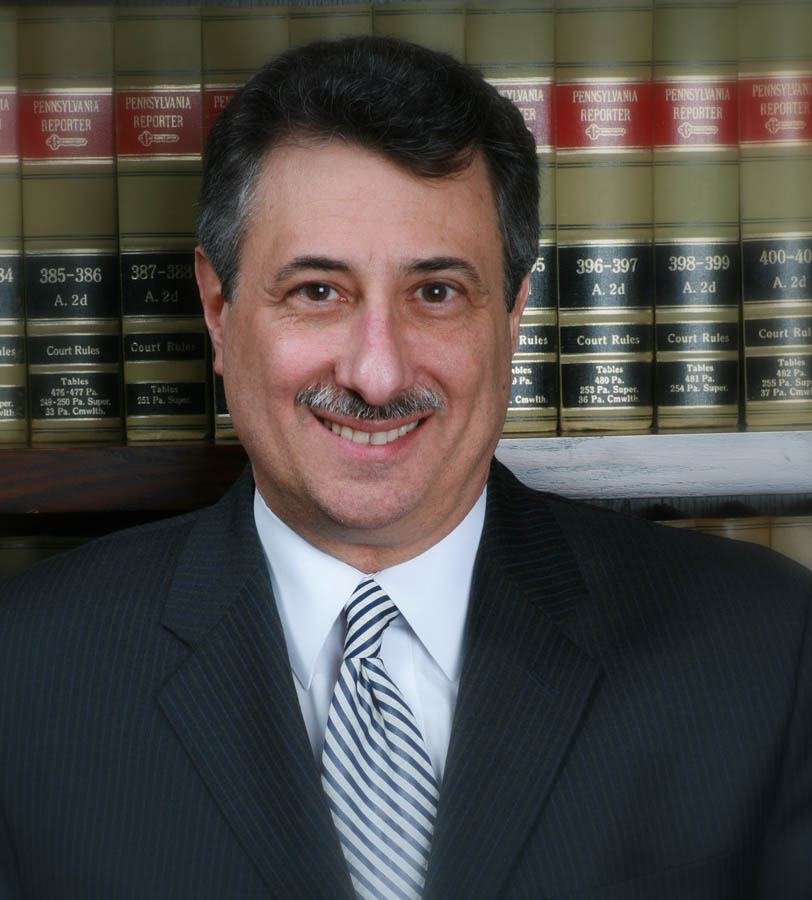The Commonwealth Court has ruled that the Pennsylvania Department of Education (PDE) cannot redirect property tax relief funds raised through gaming revenue to charter schools.
In October, the Pennsylvania School Boards Association and some school districts filed suit in Commonwealth Court against the education department and the state Treasury after the education department announced plans to redirect gaming revenues to charter schools.
Charter schools had filed complaints with the state that some school districts had not paid their charter tuition bills. District officials said they didn’t pay the bills because they could not afford to do so since their state subsidies were being withheld as a result of the state budget impasse.
As a result, PDE decided that it was legally bound to use funds collected for property tax relief for districts to pay the charter bills, claiming state law required them to use any state funds available to fund the charters.
However, the Commonwealth Court order, dated Wednesday, states that PDE is not to redistribute the gaming funds to charter schools and that charter schools are to be paid by districts after the state budget is passed and districts receive their state funding.
While the ruling appears to settle the argument over whether the gaming funds can be redirected to charter schools, it appears districts still will not get the remainder of their gaming funds until the state budget is passed.
That’s because the Commonwealth Court order states that the tax relief funds be paid to districts when the state budget is passed. Legislators still have not agreed on a new spending plan.
Still, PSBA executive director Nathan Mains said he was pleased with the court ruling.
“PSBA fully supports the order issued by the Commonwealth Court that prohibits the use of Property Tax Relief Funds to make payments to charter schools. These funds are to be used solely to benefit taxpayers,” Mr. Mains said in a statement.


